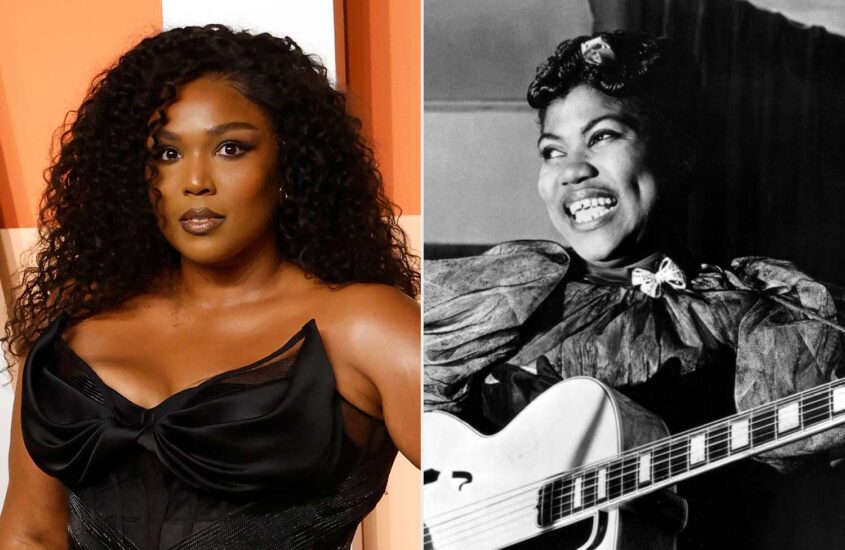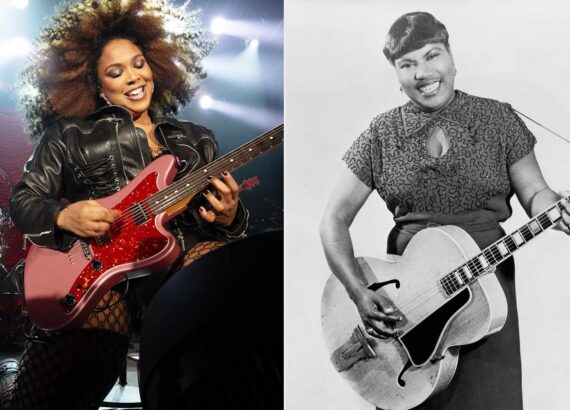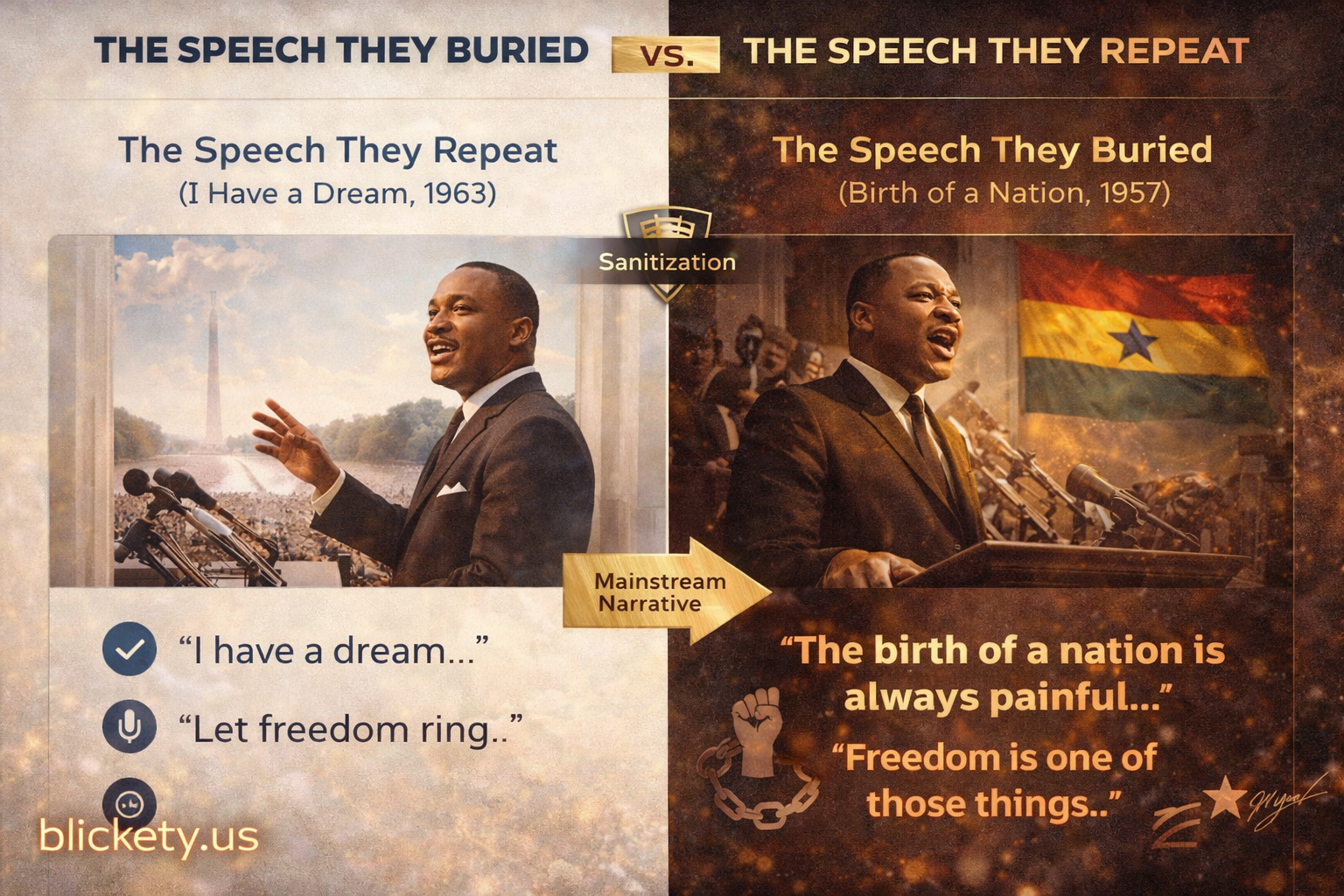Grammy Winner Transforms from Pop Star to Hollywood Actress
Four-time Grammy Award winner Lizzo is stepping into the world of cinema with a transformative role that promises to shed light on one of music’s most overlooked pioneers. Amazon MGM Studios has announced Lizzo will star as Sister Rosetta Tharpe in the upcoming biopic “Rosetta,” a project set to celebrate the legendary musician who shaped the landscape of rock and roll.
A Groundbreaking Story of Musical Innovation
Sister Rosetta Tharpe stands as a crucial but often overlooked figure in music history. A gospel singer who emerged in the 1930s, she profoundly influenced rock and roll legends like Elvis Presley and Chuck Berry. Now, her extraordinary life will be brought to the screen through Lizzo’s powerful performance.
Why Sister Rosetta Tharpe Matters
- Pioneered the electric guitar sound in gospel music
- Influenced rock and roll before the genre officially existed
- Broke racial and gender barriers in the music industry
- Performed groundbreaking stadium concerts
More Than Just a Musician’s Story
The film, titled “Rosetta,” promises to explore a pivotal and complex period in Tharpe’s life. According to the official description, the movie will delve into:
- Groundbreaking musical innovations
- Defiant personal passion
- Secret romantic relationships
- Societal constraints of her era
“This is more than a music biopic,” Lizzo shared in a recent interview. “It’s a story about breaking boundaries, living authentically, and creating art that transforms culture.”
Behind the Scenes: A Star-Studded Production
The project boasts an impressive team of producers:
- Forest Whitaker: Oscar-winning actor and producer
- Nina Yang Bongiovi: Acclaimed independent film producer
- Kevin Beisler: Experienced entertainment industry producer
Writing duties fall to Natalie Chaidez (known for “The Flight Attendant”) and Kwynn Perry (of “Tigerbelles”). While a director has not yet been attached, the creative team’s track record suggests a nuanced, powerful approach to Tharpe’s story.
Lizzo’s Hollywood Transformation
This role marks a significant milestone in Lizzo’s career. Already renowned as a musical artist, she’ll now add film producer and lead actress to her impressive resume.
“Playing Sister Rosetta is a dream come true,” Lizzo explained. “She’s not just a musician – she’s a revolutionary who changed the course of music history.”
A Familiar Face in Recent Music History
Tharpe’s influence was recently highlighted in Baz Luhrmann’s Oscar-nominated film “Elvis.” In that movie, musician Yola portrayed Tharpe alongside Austin Butler and Tom Hanks. The film’s recognition helped bring more attention to Tharpe’s critical role in music history.
Cultural Significance Beyond the Screen
The biopic arrives at a crucial moment of cultural reassessment. By highlighting Tharpe’s story, the film promises to:
- Celebrate overlooked Black women in music
- Explore LGBTQ+ narratives in historical context
- Showcase the roots of rock and roll
- Challenge traditional music industry narratives
The Impact of Representation
Lizzo’s casting represents more than a role – it’s a statement about representation in Hollywood. As a body-positive, multi-talented artist, she embodies the same spirit of defiance and creativity that defined Tharpe’s career.
What to Expect
While details remain limited, early descriptions suggest the film will focus on a specific, transformative period in Tharpe’s life. The narrative will center on:
- Her innovative musical approach
- Personal romantic relationships
- Navigating societal constraints
- Transforming a wedding into a legendary stadium concert
A Career-Defining Moment
For Lizzo, “Rosetta” represents a significant leap in her artistic journey. The role requires her to transform from a contemporary pop star to a groundbreaking 1930s gospel musician.
“This isn’t just acting,” Lizzo noted. “It’s about honoring a legend who changed music forever.”
The Broader Cultural Conversation
The film arrives at a critical moment of cultural reassessment. It promises to:
- Highlight overlooked Black women in music history
- Explore complex narratives of identity and art
- Challenge traditional storytelling about musical pioneers







